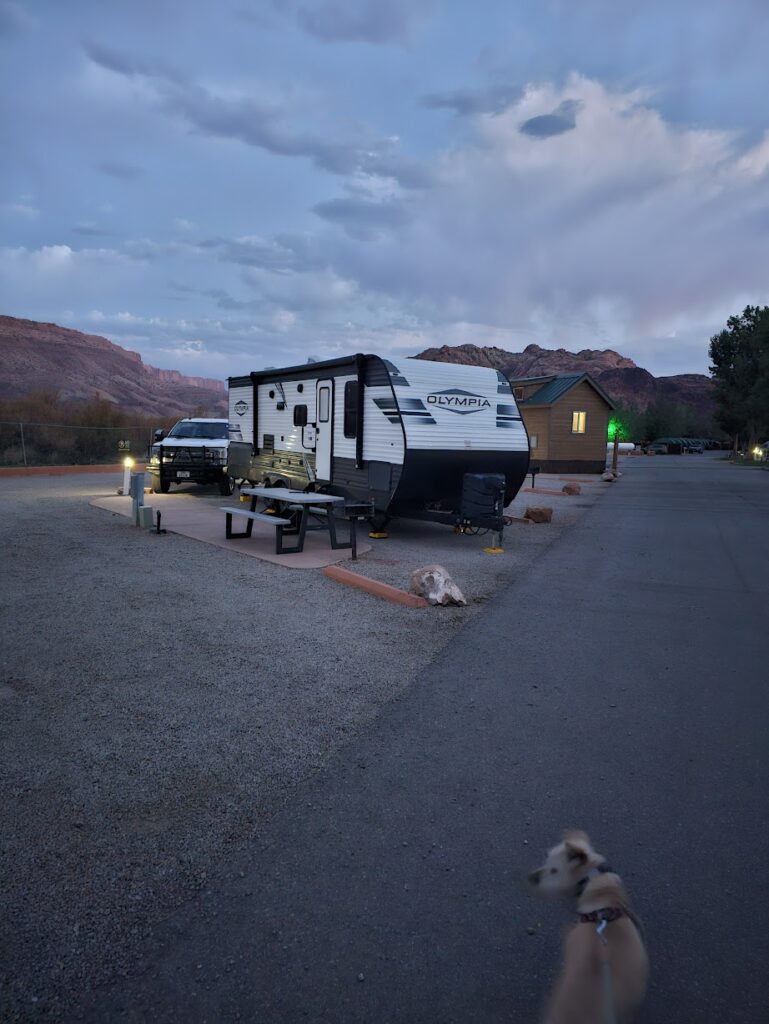
The internet is full of opinions, and many are worth what you’ve paid for them. Moreover, some seem to enjoy being rude about other people’s lives and choices for their families, so some of the groups tend to be pretty toxic about everything.
Some of the biggest hot-button topics that you may see discussed are black tank maintenance (which, if you’re new, that’s the waste tank for your toilet), driving with propane on or off for the fridge, and you may want to put on a helmet and waders whenever the discussion over tow vehicles arises. After all, some people believe you need an industrial truck to tow a pop-up. Hint: you don’t.
That’s not to say that those are not good conversations to read, because you can see other people’s experiences and make your own decisions. Your findings will likely change over time as you become more experienced, too.
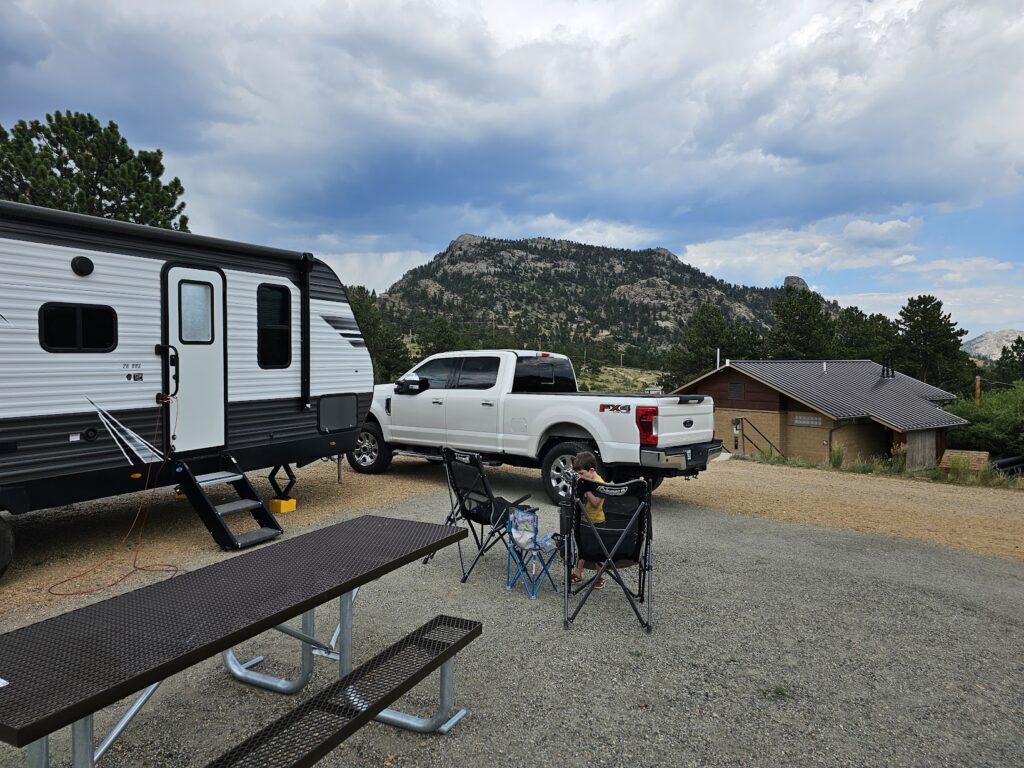
I researched like crazy before we bought our trailer, and even more so after buying it. I was concerned that I wouldn’t be very good at backing it up, that I would make mistakes and damage it, and that my family might hate this large purchase we made and waste a bunch of money on something that stressed us out.
You can read more about why we ultimately decided to buy a travel trailer here.
Ten of the biggest things we have learned during our travel trailer vacations are:
Relax and take it slow while towing.
I AM NOT GOOD AT THIS WITHOUT TOWING. Being passed by someone while driving, at least while I was younger, was like an assault on my being. An absolute insult (which, it’s not, but try telling a competitive younger man that). However, when towing a trailer, the best thing you can do is relax and accept the zen of going slower. Your fuel mileage will probably be better, your trip will be less stressful, and you’ll be able to stop more quickly should a problem arise. Plus, many trailer tires list a maximum speed of 65. That doesn’t mean that you cannot pass someone, but just get used to settling in. It’s surprisingly less frustrating than you might think.
Map out your fuel stops before leaving, and if a place looks like it might be a tight fit, keep going.
Some gas stations are absolute dog dirt for people towing anything and it’s simply just best to avoid them. The last thing you want is to get in everyone else’s way at a station that is far too small for your setup. Travel days can already be stressful enough without having to mess with a tiny gas station.
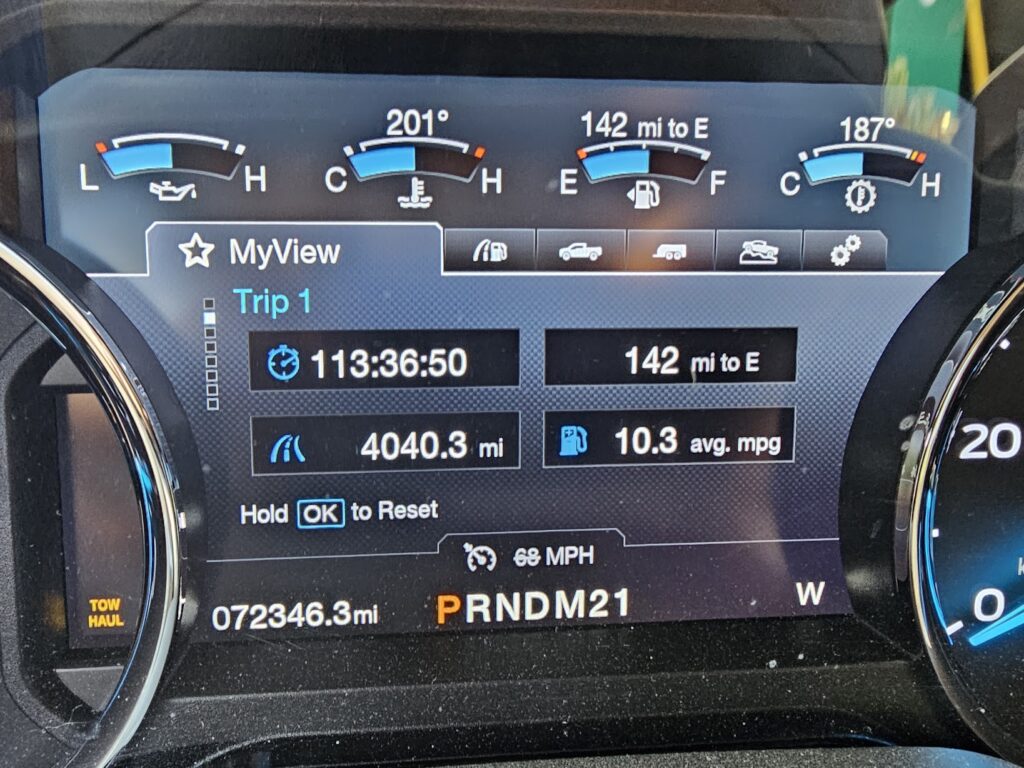
We will often look at pictures of the gas stations on Google Maps while planning our routes to ensure that we don’t wind up in a bad situation. It’s not foolproof, but can be helpful.
Our favorite gas stations for our bumper pull trailer and gas truck usually have two pumps per row so you can pull all the way forward. Smaller stations where the pumps are parallel to the road are also often great stops because they are generally not as busy and you’ll have enough room without your trailer hanging out and blocking others.
Stop for fuel early enough that you can be choosy about your gas station.
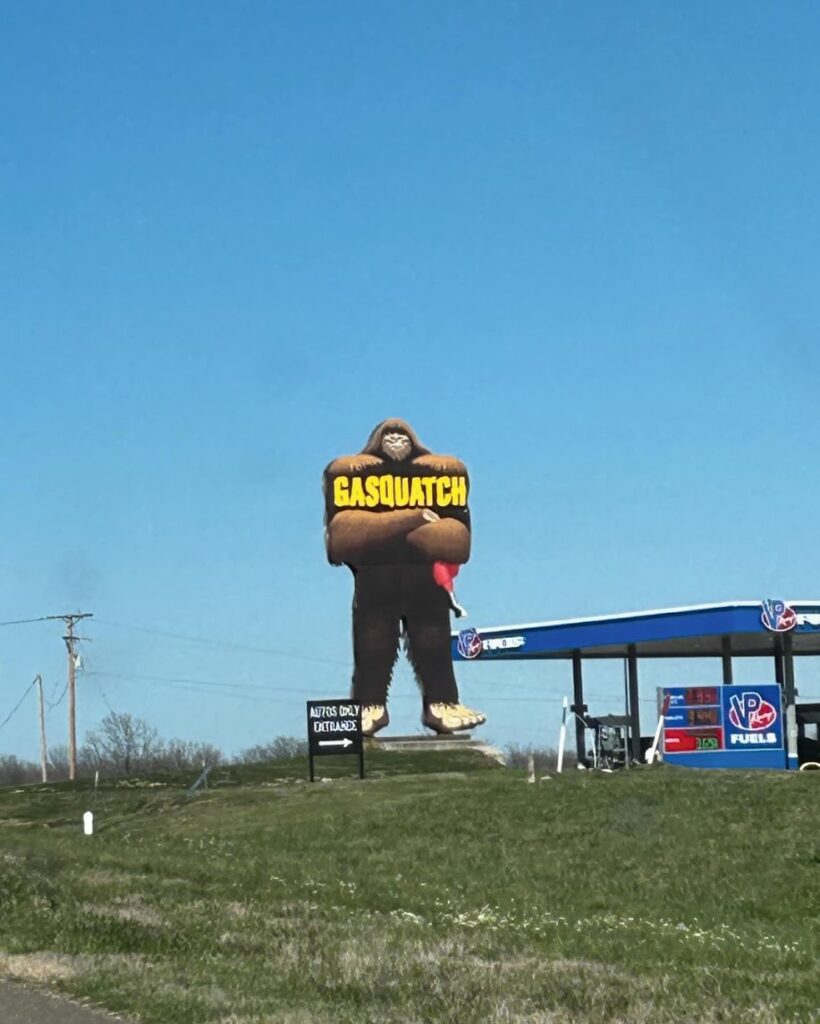
I generally try to fill up before we get to a quarter of a tank remaining so if a station that we chose is not what we want, we can keep going. Diesel folks will also want to be choosy about their gas stations, as sketchy fuel stops can cost them thousands of dollars in damage.
Also, if you’re traveling through a sparsely populated state like Wyoming, consider filling up at half a tank. The trek from Laramie to Jackson is fairly light on civilization (which is great until you need gas).
Get less trailer than the dealership may try to sell you.
When we initially went to the large corporate RV dealership in our area, the salesman did not particularly listen to my concerns about budget at first and showed us some things that, with the experience that I have now, would not have been great for our tow vehicle at the time. You don’t need to pull something that is dangerously oversized for your tow vehicle.
Also, let’s be honest here – you probably don’t need a $100,000 fifth wheel to have a nice time traveling with your family, especially when you’re starting out and don’t know what really matters to you and your family. Experience is the best teacher there.
Of course, not all dealerships are that way, but many will happily sell you something that is far more than your tow vehicle can safely move. Common advice is to not tow more than 80 percent of your vehicle’s maximum towing capacity when fully loaded.
Also, the drives will be far less tiring if you’re towing something appropriately sized for your vehicle. Our trailer was easily movable by my half-ton truck, but in situations where we had bad weather and crosswinds, the drives could get fairly hairy even with a decent weight distribution hitch.
This is not an issue in our F250. If you have a tow vehicle that you like and already have, get something that suits it well because you’ll otherwise be setting yourself up for more stress and less fun. That also means less use of your trailer.
You don’t need most of the stuff that people on the internet try to sell you on – at least at first.
You don’t have to shell out a ton of money to get started. Buying a trailer or RV is already a little expensive and you’re going to burn plenty of fuel, so really consider the things that matter to you. As long as you have a decent weight distribution hitch, a sewer hose, the right electrical hookups (and we do recommend a good surge protector with it), a water hose, and wheel chocks to hold the thing still, you can go.
Tire pressure monitoring systems also make things safer. There are lots of items that will make your travels much nicer, but you can decide which of those matter the most to you as you learn and travel.
Book large enough sites for your trailer and tow vehicle.
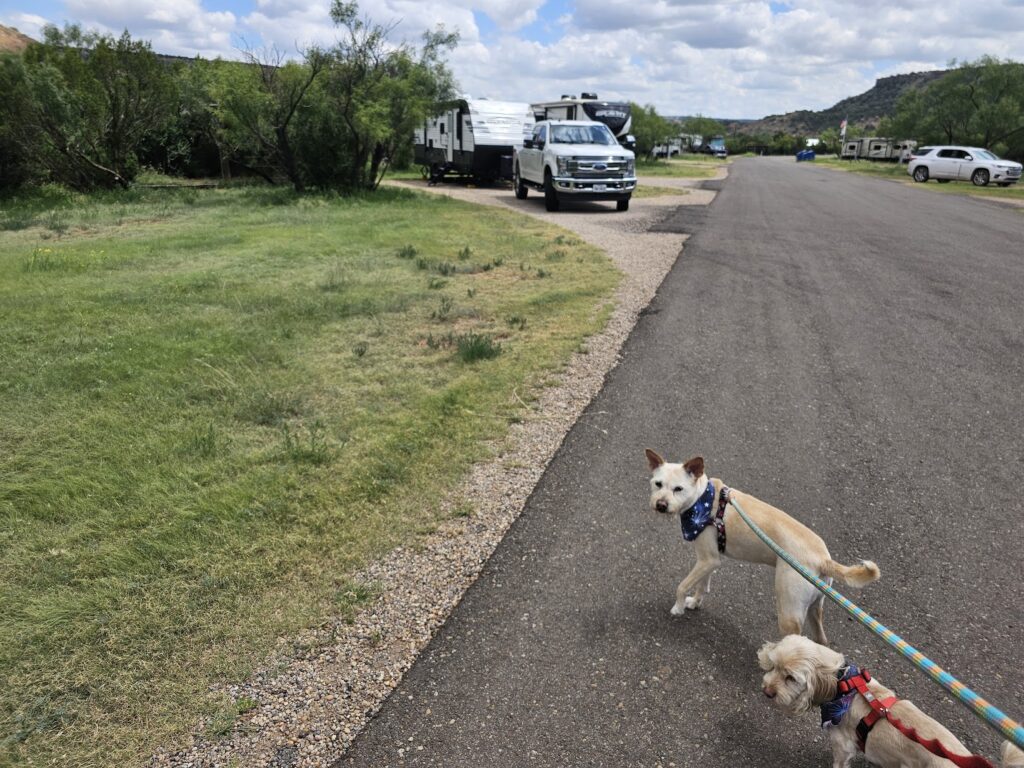
Most reservation websites for RV parks allow you to filter by size. Just because your trailer says it is a 26-footer doesn’t make it true. In fact, you’ve got to account for the size of the tongue, etc.
Our 26-footer actually comes out to nearly 31 feet total. You also probably want a place to park your truck as well, so make sure you have enough room for everything. That said, many parks have overflow parking if needed and it’s often not a big deal.
Black tank maintenance is a touchy subject for many people, but you’d better learn it or it will smell like you’re sleeping in an outhouse.
To us, the most important thing is A LOT of water in the black tank. Just add it when you first arrive at your campsite, along with whatever tank treatment floats your boat. Also, if you hook up your sewer hose, leave the black tank closed and only dump it when you need to. If you leave it open all the time, the water will all drain out leaving the solids and a poop pyramid fit for only the most disgusting pharaoh.
Water and the treatment will help dissolve everything and keep it cleaner and much more pleasant to use. We also buy septic-safe toilet paper rather than the expensive RV stuff. Better yet, add a bidet attachment when you get the chance.
Just because you’re camping doesn’t mean you have to live like an animal (unless you LIKE pretending you’re a bear doing your business in the woods).
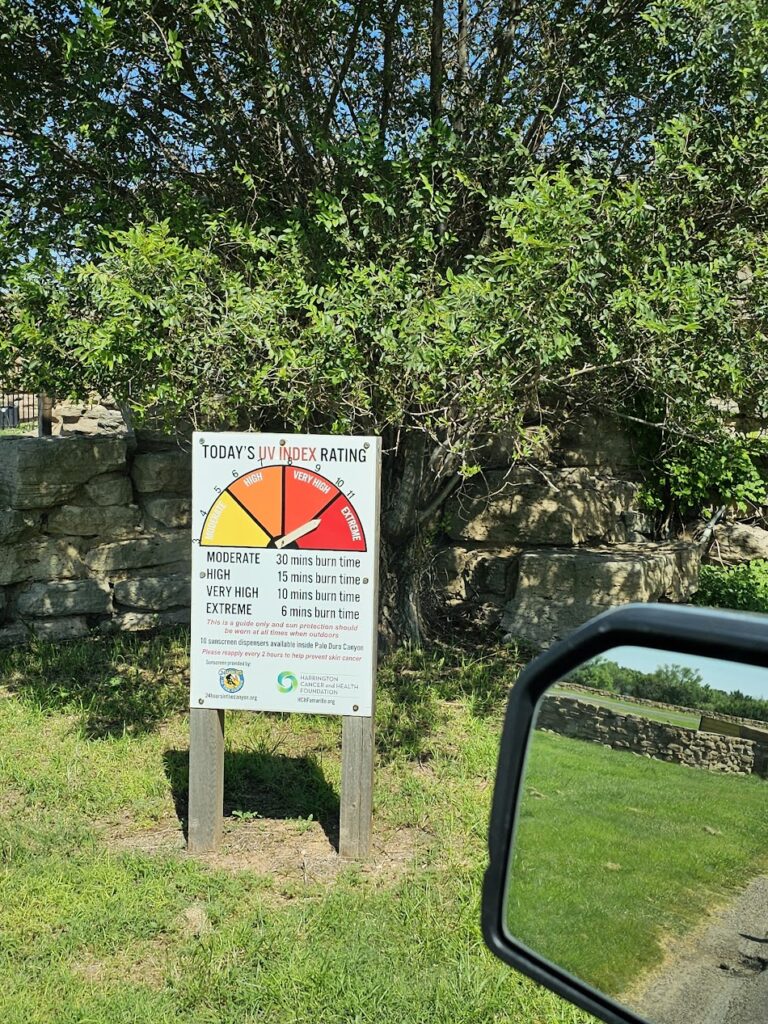
When you’re storing your trailer for a bit, drain your lines and water heater.
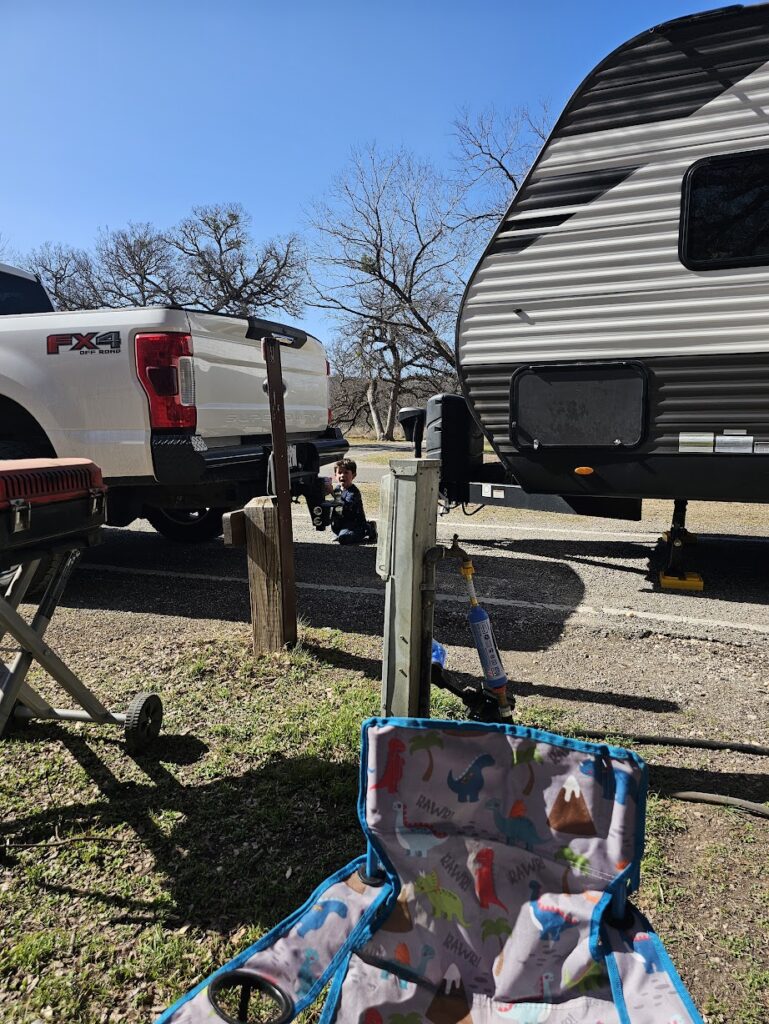
Stagnant water can smell like a gang of rotten eggs attacked your trailer when you run it through the pipes. I’m bad at doing this when we first get home because I’ve had enough of messing with the trailer at the end of a trip.
This is easily avoidable by draining your water heater and making sure that you run the water out of your lines when you disconnect from your water source.
It also makes disconnecting your water hose easier because you don’t take Poseidon’s blast from the fresh water hookup. This is not winterizing, so prepping for freezing weather is different than this. That’s a different post for later.
Make a list of items that will improve your quality of life as you travel, and then buy them as you go.
On our shakedown trip which we purposely did at a town with a Walmart, we laid on the supremely uncomfortable bed provided to us with the trailer and came up with a list of things that we needed such as dog poop bags, a coffee maker, and a decent trashcan, and other things that we wanted to help elevate our quality of life while traveling.
Those things on the list included Reflectix to cover the windows, corner covers for our small closets to save our children’s foreheads, and a TV for when the weather is bad.
We still keep a list through Google Keep along with a shared Amazon wishlist and will buy a few things that we want when planning for the next trip.
We’ll do another post with some of our favorite unnecessary but wonderful additions later.
When traveling with your family, take some time for yourself too.
There can be such a thing as too much togetherness, so if you find yourself getting annoyed or stressed, discuss it with your partner (if you have one for the trip) and go take the dogs for a walk. If you don’t have dogs, then get them.
Children have a way of making you vary wildly between being absolutely gleeful with love to being ready to bite through a power line.
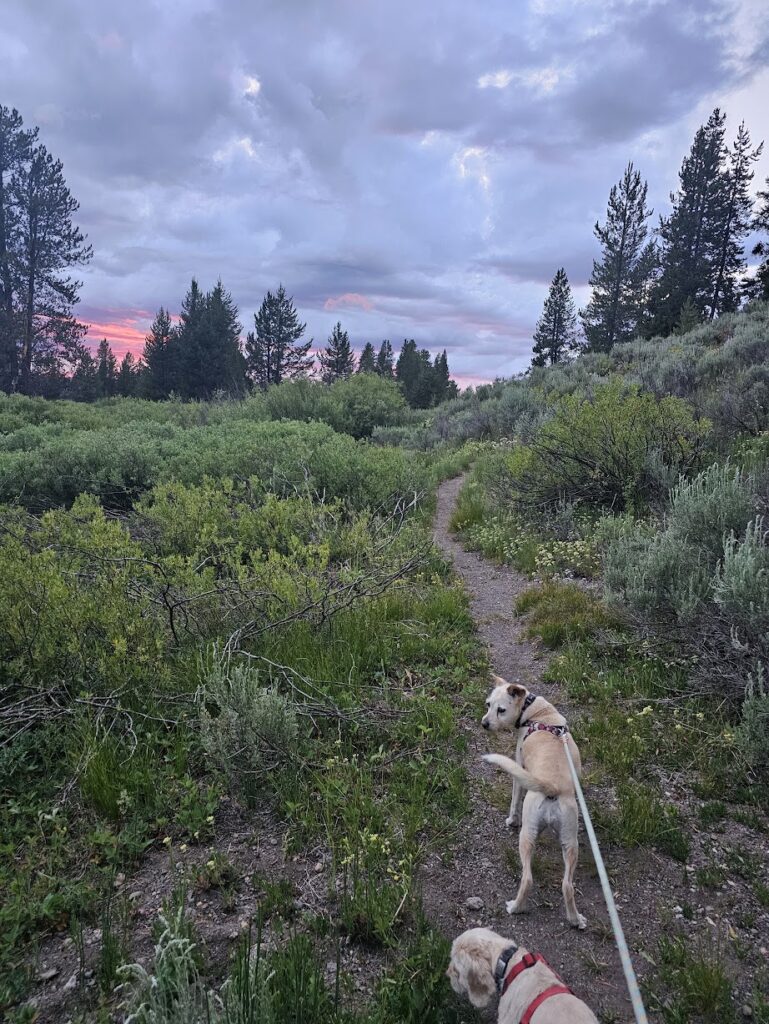
You could go for a walk by yourself for ten minutes. If the weather is bad, take ten or twenty minutes for yourself in the bed or the restroom (and please don’t mix those up). It may not seem like much, but can be enough to reset your patience a bit.
TL;DR – The Conclusion
There are lots of lessons learned on every trip you take, and that can be one of the fun things about using a travel trailer or RV. Not all the lessons are fun, but if you only consider the negative outcomes, you’ll never bother leaving the house, experiencing new things, and making memories with your people and pets.
Everyone’s list will be different from ours, and that’s okay. This isn’t a comprehensive list and others may have different experiences. Your children might be less feral than ours. Congrats. However, building your own list is a lifelong project that is absolutely worth doing.
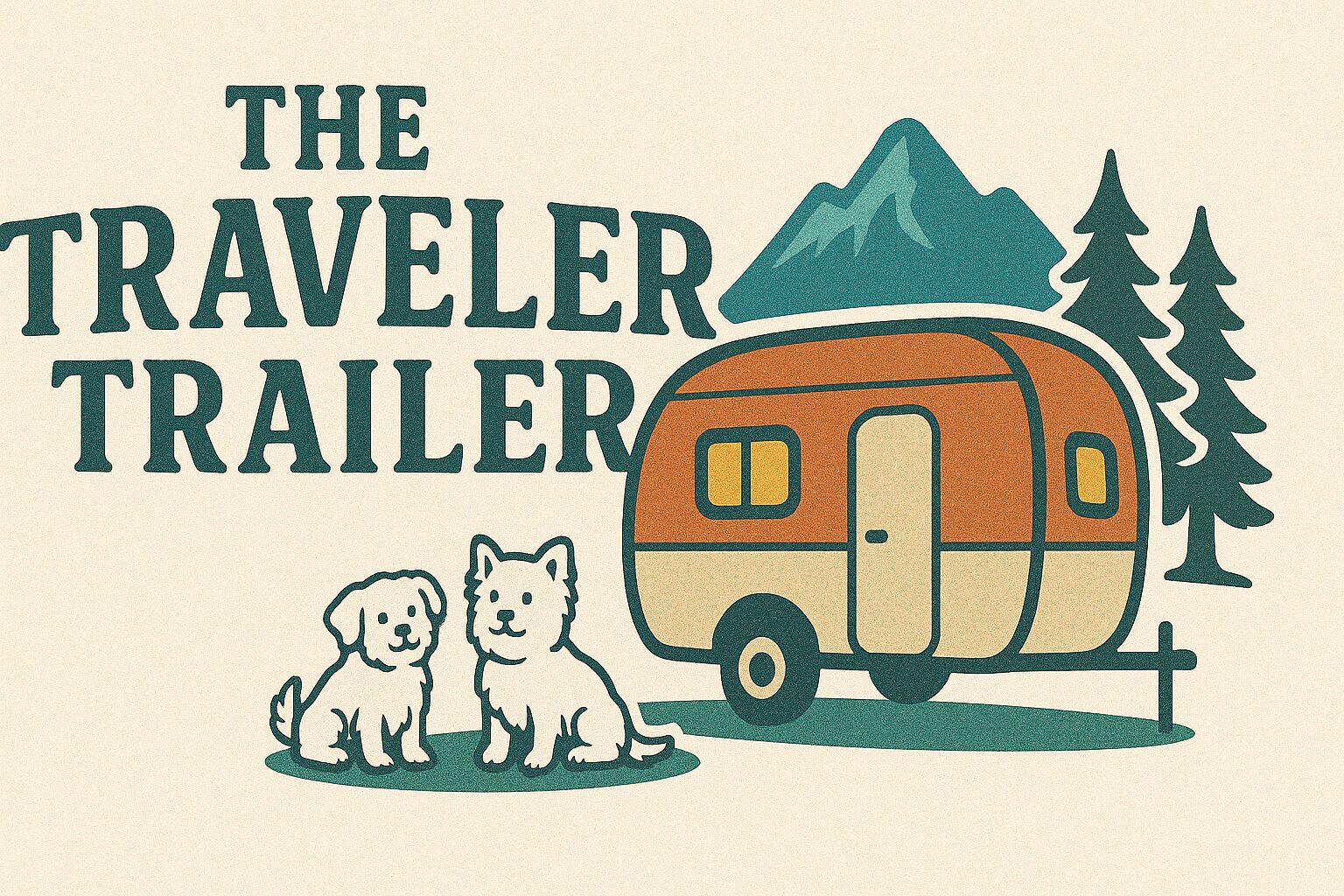
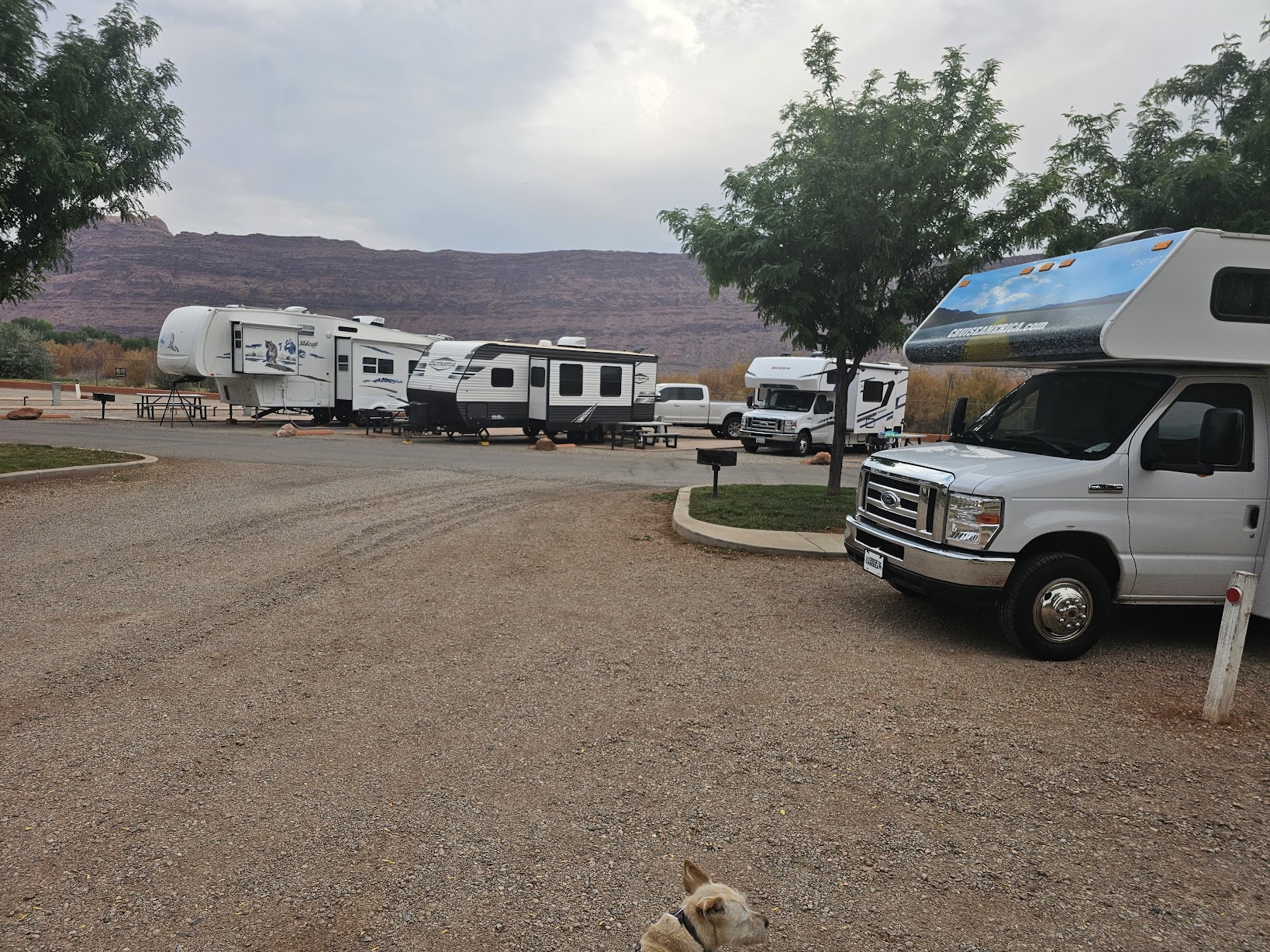
Leave a Reply